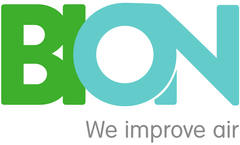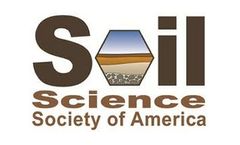Post Harvest Management Articles & Analysis
7 articles found
Post-harvest management is a critical phase in the agricultural supply chain that can significantly impact the quality and profitability of crops. ...
IX Iberian Symposium on Maturation and Postharvest From November 2-4 2016, Bioconservación participated in the IX Iberian Symposium on Maturation and Postharvest, which took place in Lisbon and coincided with the III National Symposium and IX Spanish Symposium on this important business domain of science, technology, and plant matter. Noteworthy researchers and technology experts from ...
Ethylene is used commercially to hasten ripening of avocados, but the presence of ethylene in the storage atmosphere can increase the risk of physiological disorders. To investigate the short term effect of ethylene on avocado physiology, fruit were dipped in a low concentration ethephon solution. The ethephon treatment significantly increased the ethylene production rate of avocados after 6 h, ...
Full retention of sugarcane (interspecific hybrids of Saccharum spp.) postharvest residue may reduce ratoon crop yields. The objective of this study was to determine the effects of different residue removal timings and methods on sugarcane yield. A two-factor (timing and method) experiment was conducted on both clay and silt loam soils in southeastern Louisiana. Removal timings consisted of the ...
Using non-destructive sensors, quality changes of individual products can be monitored over time. This elucidates the biological variability within a batch. Repeated measures require proper statistical analysis as standard techniques from literature used with destructive sensors are no longer applicable. Therefore, the concept of mixed models is introduced. The mixed model concept allows ...
Postharvest product quality develops during growing of the product and is maintained, not improved by postharvest technologies. Available genetic material allows discrimination of external and internal quality attributes that must satisfy consumer requirements and indulgences. Farmers face challenges in utilising technologies for producing high quality crops; meaningful manipulation of light, ...
Traceability is now an expected component of most modern supply chains for perishable foods traded internationally. The ability to trace back and trace forward information associated with production and postharvest handling activities with specified lines of products to provide evidence of good practice has become increasingly important. There are opportunities to add significant value to these ...




